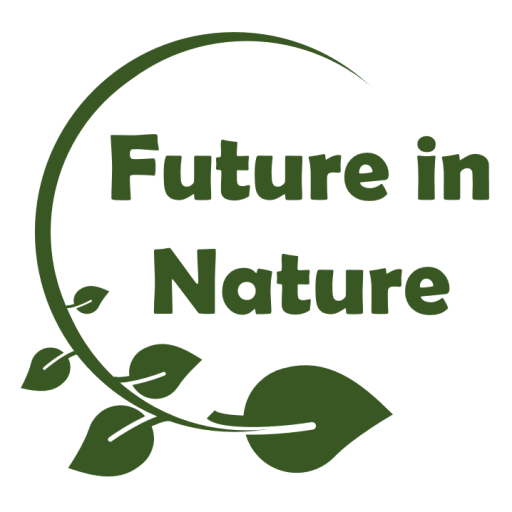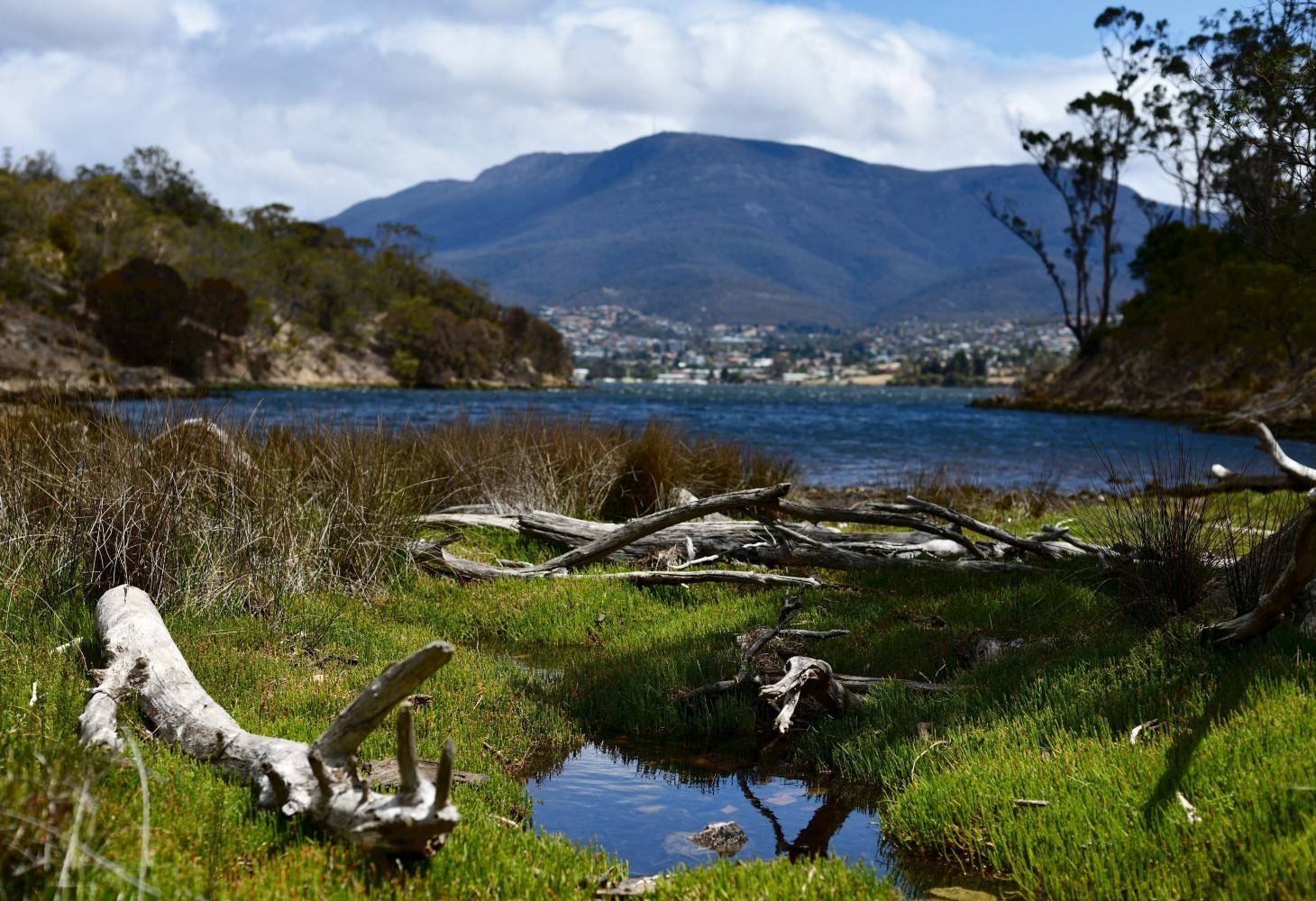We acknowledge the traditional owners on the land on which we have worked and developed our understanding of nature: the Wurundjeri and Wathaurong peoples of the kulin nation, and Palawa of lutrawita, and pay respect to their elders past and present.
Future in Nature provides expert advice, community engagement and social/ecological research for nature-based policy, programs and projects. We are based in Melbourne and regional Victoria, Australia, and have over 20 years experience working with local, national and international partners to provide a globally relevant and leading-edge evidence-base to conserve biodiversity, create resilient urban environments and improve people’s health and wellbeing through nature-based interventions.
Our Vision
A biodiverse world where nature continues to thrive, and everyone can connect to nature in diverse and meaningful, ways.
Our Mission
To support the creation and conservation of extensive and biodiverse nature in cities, towns and beyond – nature that is resilient to change, adapted to future climates, supports culture and that people love.
Values
Innovation, Creativity, Excellence, Respect, Inclusion, Diversity
Dave’s bio
Dr Dave Kendal is an internationally recognised expert on urban nature and ecology, biodiversity conservation, social values for the environment and public perception of nature. He researches and teaches about the reciprocal effects of people on nature in cities and beyond. He has worked at the Australian Research Centre for Urban Ecology, a division of the Royal Botanic Gardens Melbourne, and at the School of Ecosystem and Forest Sciences at the University of Melbourne, and the School of Technology, Environments and Design at the University of Tasmania. He was a member of Australia’s Threatened Species Scientific Committee from 2015-2019.
Dave has been a key contributor to many policies and programs that have improved social-sociological systems in Australia and around the world, including the City of Melbourne’s urban forest strategy and precinct planning process, the Royal Botanic Garden Melbourne’s Landscape Succession plan, Australia’s EPBC Act, the global Urban Climate Change Research Network (UCCRN) and Nature-based Solutions for Urban Resilience in the Anthropocene (NATURA), the City of Auckland’s urban ngahere strategy, the European Commission Biodiversa+ scheme, Australia’s National Environmental Science Program, Melbourne Water and DELWP community values assessments, SA Health, Urban horticulture and urban forestry teaching at the University of Melbourne’s Burnley Campus, and the University of Tasmania’s environment program.

